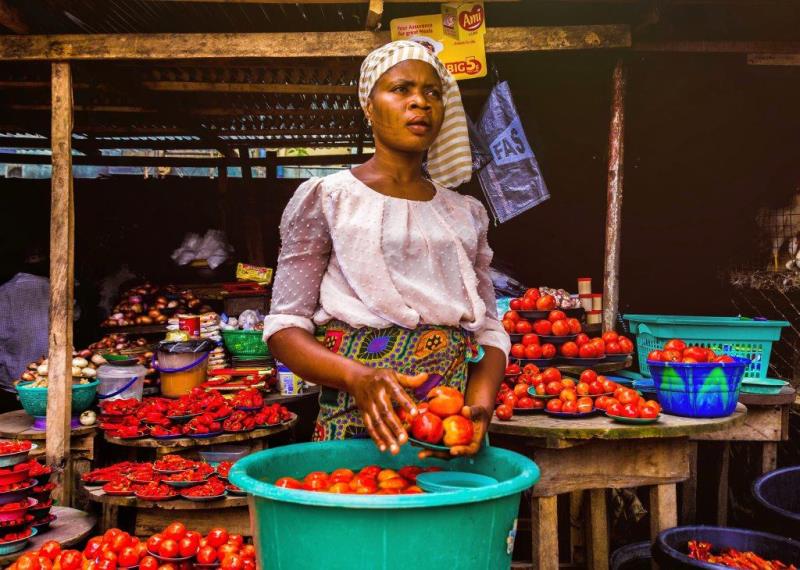MINING & MINERAL
DEFINITION OF MINING Mining: is the process of getting coal, gold and other minerals from under the ground by making a deep hole or holes where these minerals are dug. That is, it is an extraction of minerals from under the ground through the process of digging deep holes into the grounds. Mining is one […]

